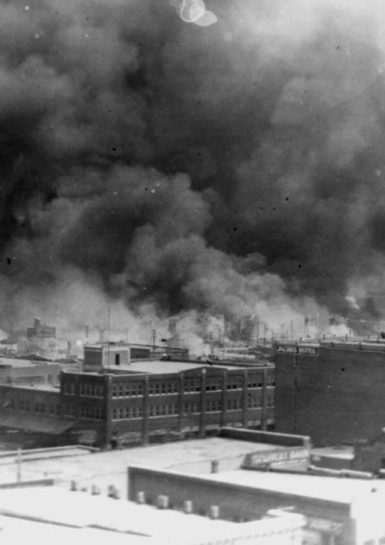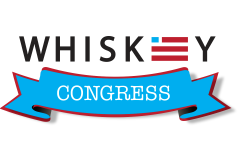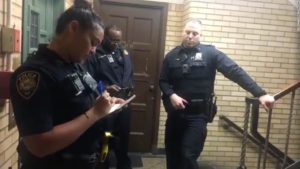
Black Wall Street, The Unknown Tulsa Massacre
In 1921 one of the bloodiest riots in the history of the United States took the lives of 300 people, 800 people were injured, and one of the most prosperous black communities was destroyed in a day.
A black man allegedly attempted to rape a white woman in Tulsa Oklahoma’s Greenwood District, also known as Black Wall Street. Whites in Tulsa were so outraged by the attempted rape hundreds of people took up arms and put the community under siege, destroying everything in their path.
I bring this up to put some perspective on the value of life in this country. A massacre like this should not be buried in history and passed only by word of mouth among black people. This is a story that every man woman and child that is an American should know. This is a story that should be told because it is so heinous, we should all be terrified and enraged. We should want to make sure it doesn’t happen again and work to rebuild what seemed to be a Utopia.
Most reading this do not know this story, most will question the veracity and wonder how a story like this could go untold. The very simple reason is because it involves the destruction of a wealthy black community by people that were so intimated and angered by the success of this community they burned it to the ground.
In 1921, Tulsa, Oklahoma’s Greenwood District, known as Black Wall Street, was one of the most prosperous African-American communities in the United States. But on May 31 of that year, the Tulsa Tribune reported that a black man, Dick Rowland, attempted to rape a white woman, Sarah Page. Whites in the area refused to wait for the investigative process to play out, sparking two days of unprecedented racial violence. Thirty-five city blocks went up in flames, 300 people died, and 800 were injured. Defense of white female virtue was the expressed motivation for the collective racial violence.
Accounts vary on what happened between Page and Rowland in the elevator of the Drexel Building. Yet as a result of the Tulsa Tribune ‘s racially inflammatory report, black and white armed mobs arrived at the courthouse. Scuffles broke out, and shots were fired. Since the blacks were outnumbered, they headed back to Greenwood. But the enraged whites were not far behind, looting and burning businesses and homes along the way.
The state of Oklahoma had only two airports, yet six black families owned their own planes.
Nine thousand people became homeless, Josie Pickens writes in Ebony. This “modern, majestic, sophisticated, and unapologetically black” community boasted of “banks, hotels, cafés, clothiers, movie theaters, and contemporary homes.” Not to mention luxuries, such as “indoor plumbing and a remarkable school system that superiorly educated black children.” Undoubtedly, less fortunate white neighbors resented their upper-class lifestyle. As a result of a jealous desire “to put progressive, high-achieving African-Americans in their place,” a wave of domestic white terrorism caused black dispossession.
The creation of the powerful black community known as Black Wall Street was intentional. “In 1906, O.W. Gurley, a wealthy African-American from Arkansas, moved to Tulsa and purchased over 40 acres of land that he made sure was only sold to other African-Americans,” writes Christina Montford in the Atlanta Black Star. Gurley provided an opportunity for those migrating “from the harsh oppression of Mississippi.” The average income of black families in the area exceeded “what minimum wage is today.” As a result of segregation, a “dollar circulated 36 to 100 times” and remained in Greenwood “almost a year before leaving.” Even more impressive, at that time, the “state of Oklahoma had only two airports,” yet “six black families owned their own planes.”
Steve
Steve is an affordable multifamily housing professional that is also the co-founder of Whiskey Congress. Steve has written for national publications such as The National Marijuana News and other outlets as a guest blogger on topics covering sports, politics, and cannabis. Steve loves whiskey, cigars, and uses powerlifting as an outlet to deal with the fact that no one listens to his brilliant ideas.



